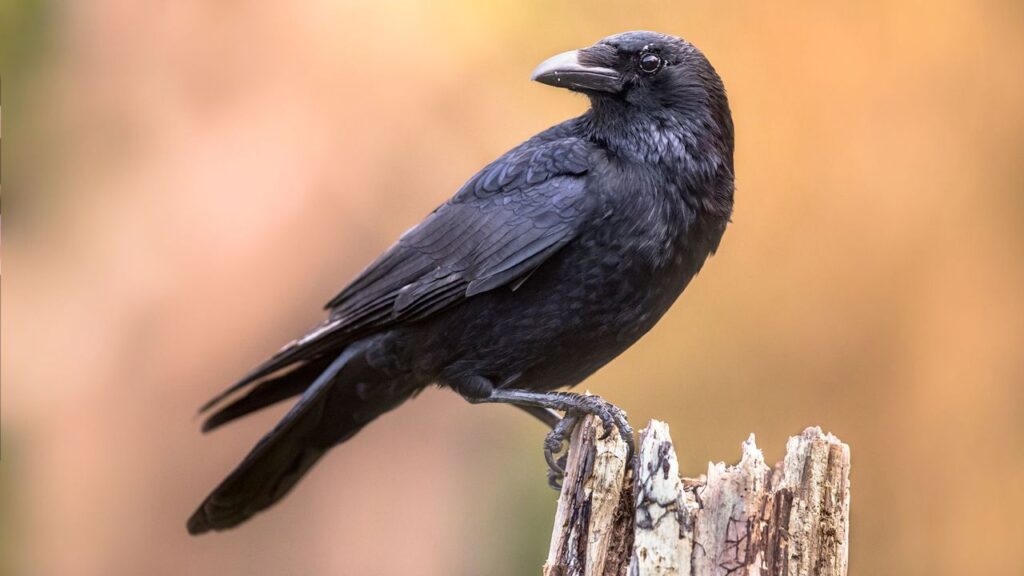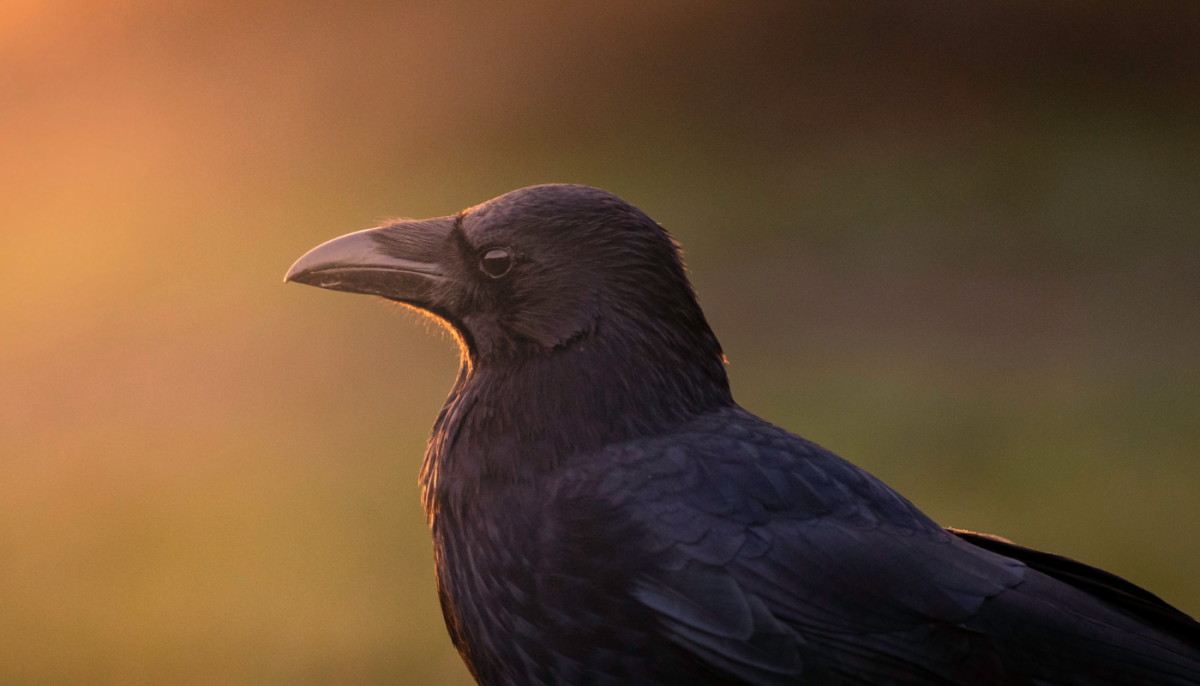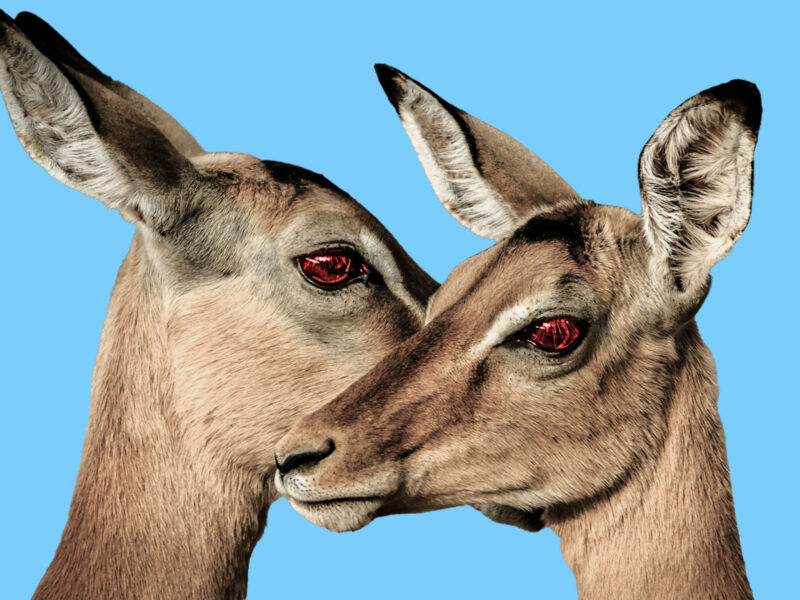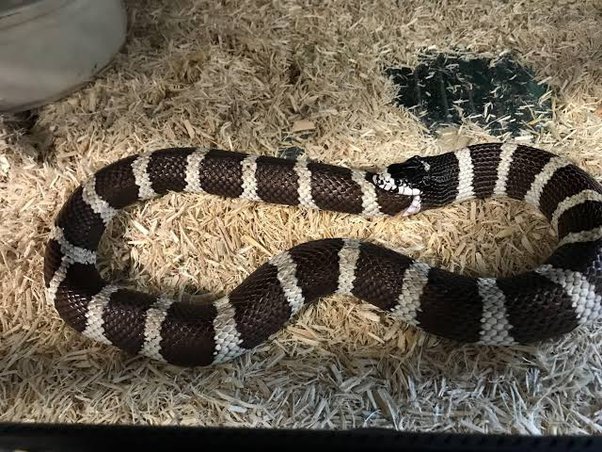No, you cannot keep a crow as a pet in the UK without the necessary licenses and permits. The UK has strict regulations governing the ownership of crows, and these laws are in place to protect wildlife and ensure the ethical treatment of birds.
Owning a crow without the required permissions is illegal and can lead to legal repercussions. Crows are considered wild birds, and it is generally discouraged to keep them as pets due to their social and complex nature.
While they are intelligent and fascinating creatures, it’s essential to respect their place in the ecosystem and support wildlife conservation efforts. If you are interested in crows, consider observing them in their natural habitat or supporting organizations dedicated to their welfare and protection.
What is a Wild Bird?

A wild bird is a bird that is not domesticated or kept in captivity. These birds live freely in their natural habitats, such as forests, grasslands, wetlands, and urban environments. They are not subject to human control, breeding, or confinement.
Wild birds play crucial roles in ecosystems, contributing to pollination, seed dispersal, and ecological balance. Observing and conserving wild birds is a popular pastime for bird enthusiasts and is essential for preserving biodiversity and the natural world.
What Are The Types Of Wild Birds?
There are thousands of species of wild birds worldwide, each adapted to specific habitats and ecological niches. Here are some common types of wild birds categorized by their characteristics and habitats
- Birds of Prey: Eagles, hawks, falcons, and owls known for their hunting prowess.
- Waterfowl: Ducks, geese, swans, and other water-loving birds often found in wetlands and lakes.
- Songbirds: Small, melodious birds like sparrows, robins, and warblers known for their songs.
- Game Birds: Pheasants, quail, and grouse are often sought after for hunting.
- Shorebirds: Waders like sandpipers, herons, and egrets commonly found along coastlines and rivers.
- Seabirds: Gulls, terns, and albatrosses that spend their lives at sea or on coastlines.
- Parrots and Parakeets: Colorful, intelligent birds found in tropical regions, often popular as pets.
- Woodpeckers: Birds with strong beaks for drilling into tree bark to find insects.
- Hummingbirds: Tiny birds known for their rapid wing beats and ability to hover while feeding.
- Passerines: Perching birds, including finches, sparrows, and jays, known for their diverse appearances.
- Tropical Birds: Exotic, brilliantly colored birds found in tropical rainforests and other lush environments.
- Arctic Birds: Birds like puffins and snow buntings adapted to the harsh Arctic tundra.
- Urban Birds: Species like pigeons, crows, and starlings that have adapted to city life.
However, these are just a few examples of the diverse range of wild birds, each with its unique characteristics and ecological roles. Birdwatching and conservation efforts help us appreciate and protect these remarkable creatures.
Is It Legal to Keep a Crow as a Pet in the UK?
The concept of owning a crow, or any wild bird, as a pet in the UK is subject to legal regulations aimed at the protection of wildlife. Crows are wild birds, and owning them as pets is generally not allowed due to various legal and ethical considerations.
The Wildlife and Countryside Act 1981
The primary piece of legislation that governs the ownership and protection of wild birds, including crows, in the UK is the Wildlife and Countryside Act 1981. This act provides legal protections for native British birds, making it generally illegal to capture, kill, or keep them as pets. Crows, being native to the UK, fall under this legal framework.
Licensing
Under specific circumstances, it is possible to obtain a license that allows the temporary possession of a crow, but such licenses are typically reserved for trained professionals or rehabilitation centers involved in the care and rehabilitation of injured or orphaned birds. It is generally not intended for private individuals to keep crows as pets.
Ethical Considerations
In addition to the legal restrictions, ethical considerations also play a significant role. Many wildlife organizations and conservationists discourage the keeping of wild birds as pets.
Crows, like other wildlife, have specific needs and behaviors that are difficult to meet in a domestic setting. Their natural instincts may be suppressed, leading to a lower quality of life.
Penalties
The Wildlife and Countryside Act 1981 provides for penalties for the illegal capture or possession of wild birds. Penalties can include fines and even imprisonment. The severity of the penalty may depend on various factors, including the specific circumstances and the species involved.
In addition, breaking the rules by capturing or having wild birds illegally under the Wildlife and Countryside Act 1981 can result in a fine of up to £5,000 or a prison term of up to six months. In certain situations, a person may face both a fine and imprisonment for such actions.
Exceptions
It’s important to note that there are exceptions to the rule. Non-native species or certain species under conservation programs may have different regulations. For example, non-native crows or ravens may be subject to separate regulations, and some species may be kept under specific conditions for conservation purposes.
Can You Keep Non-Native Crows and Ravens as Pets in the UK?
In the United Kingdom, non-native crows and ravens are subject to distinct regulations, aimed at managing their populations and safeguarding the environment. These regulations are crucial to prevent potential ecological disruptions and protect native wildlife.
Non-Native Species
- Carrion Crow (Corvus corone): This non-native crow species is not indigenous to the UK. Importing or keeping Carrion Crows in the UK without a special license is illegal. The regulations for Carrion Crows are in place to prevent their establishment in the wild and potential competition with native species.
- Common Raven (Corvus corax): The Common Raven, though protected in the UK, may be subject to regulations that allow individuals or organizations to obtain licenses for specific purposes like breeding or rehabilitation. These licenses are generally granted for conservation efforts.
Contacting DEFRA
If you are interested in keeping a non-native crow or raven as a pet, it is essential to reach out to the Department for Environment, Food and Rural Affairs (DEFRA) for guidance. DEFRA can provide detailed information on the specific regulations that pertain to the species you are considering. They can also assist you in the application process if a license is required.
Additionally, It’s crucial to emphasize that keeping non-native crows or ravens as pets is not recommended. These birds can pose significant challenges in captivity, including specialized dietary needs and the requirement for ample space for flying and exercise.
Furthermore, there is the risk of escape, which can lead to the establishment of non-native populations in the wild, potentially competing with native species and spreading diseases.
Why are crows not suitable pets?
Crows, while highly intelligent and fascinating birds are not suitable pets for several compelling reasons.
First, crows are highly intelligent and social birds. They have intricate social structures and thrive in the company of their own kind. Keeping a single crow as a pet can lead to loneliness and behavioral problems.
Also, crows have specific dietary requirements that can be challenging to meet in captivity. Their diet includes a variety of foods, such as insects, seeds, and carrion, which can be difficult to replicate.
Moreover, crows are active fliers and require ample space for exercise. Captivity may not provide them with the opportunity to engage in natural behaviors like flying and foraging.
In many regions, including the UK, it is illegal to capture or keep crows without the appropriate permits and licenses. Violating these laws can result in penalties.
Furthermore, owning crows as pets can raise ethical concerns. Wild birds belong in their natural habitats, and keeping them in captivity can compromise their well-being.
Last but not least, crows can carry diseases that may be transmissible to humans. Close contact with crows can pose health risks.
For these reasons, crows are best appreciated in their natural environments, where they can contribute to ecological balance and be observed in their full, wild splendor.
How can I get a permit to rehabilitate a crow?
Obtaining a permit to rehabilitate crows, or any wildlife, typically involves working with the relevant wildlife authorities and agencies. In the UK, the responsibility for issuing such permits often falls under the jurisdiction of various wildlife rescue and rehabilitation organizations. Here are the general steps you can take to get a permit to rehabilitate crows
Contact Relevant Authorities
Begin by reaching out to the appropriate wildlife authority or government agency. In the UK, this would typically be the Department for Environment, Food and Rural Affairs (DEFRA). They can provide you with guidance and the necessary information about permits and licenses.
Understand the Requirements
Ask for details on the specific requirements and conditions for rehabilitating crows. Different species and situations may have varying criteria, so it’s essential to know what is expected.
Complete Necessary Training
Many wildlife authorities require individuals involved in wildlife rehabilitation to undergo training to ensure they have the skills and knowledge to care for the animals properly. Find out if there are any training requirements and, if necessary, enroll in a recognized wildlife rehabilitation program.
Submit an Application
Follow the application process outlined by the wildlife authority. This typically involves filling out an application form, providing information about your experience, training, and facilities, and explaining your intentions for rehabilitating crows.
Facility Inspection
Be prepared for an inspection of your rehabilitation facilities. Authorities will want to ensure that the living conditions for the birds are appropriate and meet specific standards.
Wait for Approval
The wildlife authority will review your application and, if everything aligns with their requirements, grant you the necessary permits.
Comply with Regulations
Once you’ve received your permits, it is crucial to strictly stick to the conditions and regulations outlined by the authority. This includes proper care, housing, and release protocols.
What if You Find an Injured or Abandoned Crow?

If you come across an injured or abandoned crow, it’s important to take appropriate steps to ensure its well-being and, if necessary, seek professional assistance.
Assess the Situation: Approach the crow calmly and carefully, keeping in mind that crows can be stressed or frightened when injured or abandoned. Observe its condition and behavior to determine the extent of the injury or the need for assistance.
Contact a Wildlife Rehabilitation Center: The best course of action is to contact a local wildlife rehabilitation center or a wildlife rescue organization. These professionals are trained to care for injured and orphaned wildlife, including crows. They can provide guidance on how to safely capture and transport the crow, and they have the expertise to provide medical care and rehabilitation.
Handle with Care: If you need to handle the crow, use a towel or cloth to gently pick it up and place it in a well-ventilated and secure container. Avoid direct contact, as crows can carry diseases that may be transmissible to humans.
Keep Warm and Quiet: Until you can get the crow to a rehabilitation center, keep it warm by placing a heating pad or warm water bottle wrapped in a towel in the container. Ensure the crow is kept in a quiet, dark, and calm environment to reduce stress.
Do Not Attempt to Raise as a Pet: It’s essential to understand that crows, like other wildlife, are best cared for by professionals trained in their rehabilitation. Attempting to raise a crow as a pet is discouraged and often illegal in many regions.
Legal Considerations: If you find an injured or abandoned crow, it’s important to comply with wildlife regulations in your area. You may need to report the situation to local wildlife authorities and follow their guidance.
Observe from a Distance: If you come across a baby crow that appears abandoned, observe from a distance first. It’s common for young crows to leave the nest and explore the area while their parents continue to care for them. The parents are often nearby and may return to care for the young crow.
FAQ
What birds can you have as a pet in the UK?
In the UK, you can have various species of pet birds, including budgerigars, canaries, parrots, and finches, among others. However, it’s essential to check local regulations and consider the welfare of the bird species you intend to keep as a pet.
Can you keep owls as pets in the UK?
Owning owls as pets in the UK is generally discouraged and highly regulated due to the specialized care they require and their protected status under wildlife laws. To keep an owl as a pet, you would typically need a license and must demonstrate expertise in owl care.
How long do crows live in the UK?
Crows in the UK, such as the Carrion Crow and Hooded Crow, can have a lifespan of up to 20 years in the wild if they survive to adulthood. Their longevity can be influenced by factors like predation, disease, and habitat conditions.
Are ravens rare in the UK?
Ravens are not considered rare in the UK, but their populations have fluctuated over the years. Conservation efforts have been successful in stabilizing and increasing raven numbers in recent times.
What do crows eat in the UK?
Crows in the UK are omnivorous and have a varied diet that includes insects, small mammals, seeds, fruits, and carrion. They are opportunistic feeders, adapting their diet based on seasonal availability.
What are crows called in England?
In England and the broader UK, crows are typically referred to as “crows.” However, there are specific species, such as the Carrion Crow and Hooded Crow, which may have their own names.
Do crows stay in the UK during winter?
Yes, many crows, including the Carrion Crow, are resident birds in the UK and remain in the country throughout the year, including the winter months.
How smart is a crow?
Crows are highly intelligent birds, known for their problem-solving abilities and complex social behaviors. They can use tools, remember human faces, and exhibit remarkable problem-solving skills. Their intelligence is on par with some primates.
Are crows common in England?
Crows, such as the Carrion Crow and Hooded Crow, are common and widespread in England and the wider UK. They are a familiar sight in both urban and rural environments.
Final words
The idea of keeping a crow as a pet in the UK comes with a unique set of challenges, legal regulations, and ethical considerations. While it is generally discouraged and, in many cases, illegal to keep native crows as pets due to their protected status and complex social behavior, there are exceptions and opportunities for non-native species, particularly for conservation, research, or rehabilitation purposes.
However, these exceptions are carefully regulated, and individuals interested in keeping crows in these circumstances must adhere to strict guidelines to ensure the birds’ welfare and ethical treatment. Additionally, it’s crucial to remember that crows, both native and non-native, play vital roles in the ecosystem and are often best appreciated in their natural environments, where they contribute to the balance of nature.
The focus should always be on the well-being and conservation of these intelligent and social birds, with responsible pet ownership and adherence to legal and ethical standards at the forefront of any endeavors involving crows in the UK.



